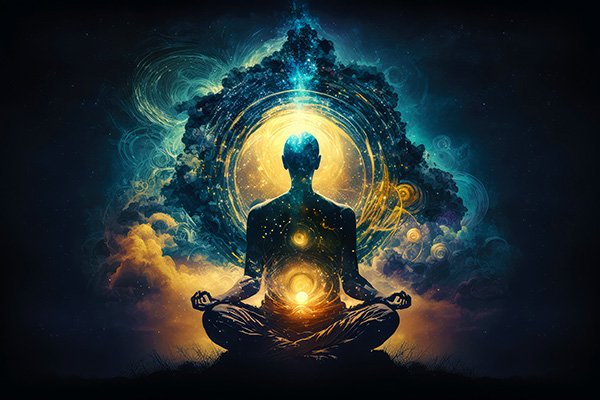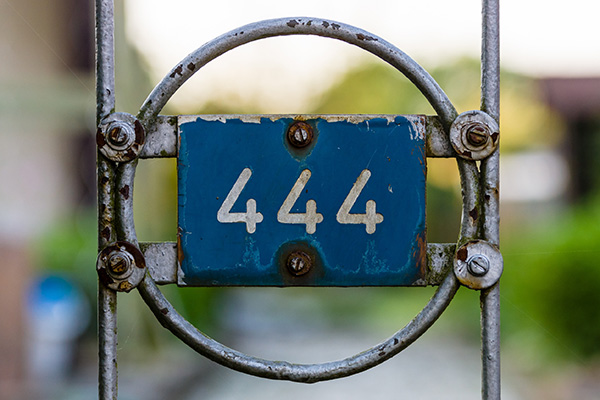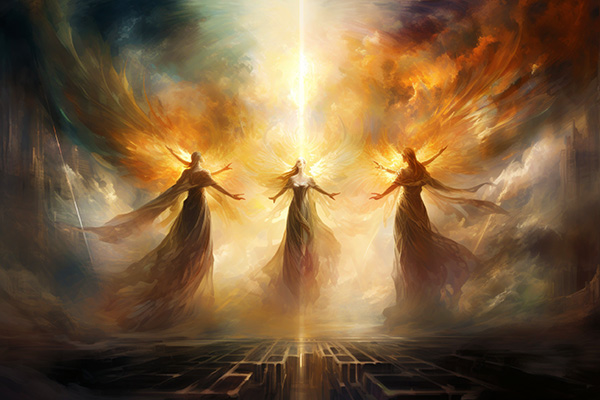divine guidance
Always Choose Your Gut Over Your Heart And Mind
 We all have a higher purpose in this lifetime, and yet many never awaken to it, much less achieve it, because their ego has become more prominent in their lives than their higher self.
We all have a higher purpose in this lifetime, and yet many never awaken to it, much less achieve it, because their ego has become more prominent in their lives than their higher self.
How do you know if what you are doing is for your highest good? How do you make sure you are aligned with your soul purpose? How do you know if what you want out of life is based on your worldly desires instead of your spiritual mission in this lifetime?
Well, you listen to your inner guidance. You trust your intuition. You follow your gut.
When you were born, a deep-seated dream was placed within you. As children we are often more in touch with our true calling or purpose, but many of us lose that awareness as we grow older. Unfortunately, it has been buried by the expectations of society and the many distractions of the material world.
Often our parents, peers, teachers, and mentors play a significant role in this process of shutting down our spiritual awareness. Has anyone ever laughed at you when you told them what you wanted to do or be? Did someone say, “Go back and think about that because it will never happen”? Each of us has a different story as to why we do or don’t achieve our dreams in life.
Today is the day to decide, “I will achieve my dreams as long as they come from the spirit and are for my highest good.” It is time to look at your dreams for your life from a deeper perspective.
Serendipity, Synchronicity And The Symphony of Life
 Something magical happened yesterday that reminded me of the many serendipities and synchronicities that miraculously unfold in our lives every day without us even noticing. We are in the right place, at the right time, doing the right thing more often than we realize – and it is no accident or coincidence.
Something magical happened yesterday that reminded me of the many serendipities and synchronicities that miraculously unfold in our lives every day without us even noticing. We are in the right place, at the right time, doing the right thing more often than we realize – and it is no accident or coincidence.
There are many moments in our daily lives that seem to happen by luck or chance, yet they are perfectly timed events that have been orchestrated just for us.
These experiences, which many call “fate” or “coincidence,” are certainly not random occurrences. They are part of the intricate symphony of universal flow and divine order that weaves together the everyday magic of serendipity and the miracle of synchronicity for our highest good.
Yesterday I had a long list of errands to run downtown, two of which were on the same street. My intention was to first pick up something from a courier service and then drop off some household items I wanted to donate at a nearby animal charity shop.
However, on the way to the courier, I took a turn that I do not normally take, which took me directly to the charity shop instead. I was relieved to find a parking spot right outside the door as I had some heavy boxes and crates to unload. How ‘lucky’ that there was a perfect parking space waiting just for me, I thought.
But my ‘wrong’ turn turned out to be not only a blessing in disguise, but also a little miracle that kept on giving. Because I arrived at the store earlier than I had originally planned, I “accidentally” ran into a customer in the shop who was in the process of purchasing the kitchen blender I had donated to the charity over a month ago.
Learning To Trust Your Intuition
 We are all born with an innate intuitive ability. However, many of us tend to shut down this innate aspect of our inner being at a young age.
We are all born with an innate intuitive ability. However, many of us tend to shut down this innate aspect of our inner being at a young age.
This can happen for a variety of reasons, but fear is often a major factor. Over time, many of us learn to view our intuition as our mind “playing tricks” or something to be wary of, or even as a source of discomfort that is just all in our imagination.
This misconception is unfortunate because intuition is not something to be feared or dismissed; rather, it is an integral part of our being that provides valuable insight and guidance.
Intuition is a fundamental part of living a full and complete life because it is a key part of our spiritual inner guidance. It cannot be lost or taken away. You are always in control of it and can choose to connect with it at any time.
The key to accessing and making the most of this inner wisdom is learning to trust its messages. But this can be challenging, especially when those messages are unclear or confusing. So, how do you cultivate greater trust in your intuition?
The first step in building trust with your intuition is to acknowledge and track the information it provides. Keep a journal or note-taking app handy and write down any intuitive insights you receive about your plans, goals, people, or situations. By recording these insights, you create a space for learning to understand how your intuition works and for validating your impressions over time.



